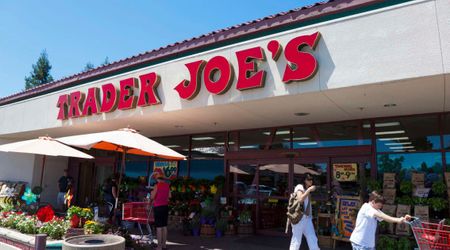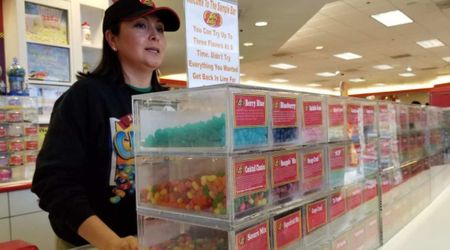Unraveling the Billion-Dollar Menace of First-Party Delivery Fraud in the U.S.

In the ever-evolving landscape of digital transactions, a concerning trend is emerging, with deceptive practices costing U.S. merchants and financial institutions over $100 billion annually. A recent survey conducted by digital identity verification firm Socure sheds light on the alarming rise of first-party delivery fraud, a deceptive act for financial gain that has become a significant contributor to inflationary pressures.

Understanding the first-party delivery fraud landscape
The survey, encompassing 1,000 Americans aged 18 to 77, reveals that 35% of respondents admitted to engaging in first-party delivery fraud, a practice colloquially described as "buying and lying." Yigit Yildirim, Senior VP and General Manager of Fraud and Risk Products at Socure, explains, "Examples include falsely claiming that a delivery for an online order has been lost to get a refund, choosing to indefinitely not pay off a credit card bill, making a Buy Now, Pay Later purchase with no intention of paying it off, or disputing legitimate financial transactions."
Perhaps surprisingly, Gen Z consumers emerge as the primary culprits of first-party delivery fraud, with a staggering 52% expressing willingness to commit the act if they believed there would be no negative consequences. Disturbingly, 20% of Gen Z consumers do not consider the act ethically wrong, a rate three times higher than that of Baby Boomers. Yildirim notes, "First-party fraudsters target financial institutions and merchants, impacting large national banks, community banks, credit unions, lenders, fintechs, and crypto alike."

Impact on businesses and consumers and the growing threat
The consequences of first-party delivery fraud extend beyond financial institutions and merchants, affecting everyday consumers. Yildirim emphasizes, "When fraudsters get away with theft, consumers ultimately pay the price through higher costs and additional fees. We're all stuck footing the bill." Amazon, a prominent player in the online retail space, actively combats this issue by prohibiting third-party sellers from sending unsolicited packages. Consumers are encouraged to report any unordered packages immediately.
As more consumers shift towards online transactions, the threat of first-party fraud looms larger. Yildirim predicts, "As more consumers move online, we'll start to see a shift away from in-person theft at brick-and-mortar locations to online scams like first-party fraud." Data compiled by FICO reveals that first-party fraud typically constitutes around 10% of credit volume losses and over 20% of the total value. Despite the prevalence of these scams, outdated regulatory policies and a lack of data sharing create an environment where fraudsters can easily exploit the system.

Addressing the first-party delivery fraud challenge
Yildirim urges action, stating, "Outdated regulatory policies and a lack of data sharing make it far too easy for these fraudsters to continue cheating the system." The article highlights the need for updated regulations and enhanced data-sharing practices to curb the rising tide of first-party delivery fraud. Without intervention, the ease with which these scams can be executed from the safety of one's home poses a significant threat to the integrity of online transactions.
First-party delivery fraud has evolved into a billion-dollar challenge for U.S. merchants, impacting financial institutions, businesses, and consumers alike. The generational trends and the ease with which these scams can be executed demand a concerted effort to update regulations and enhance data-sharing practices.























